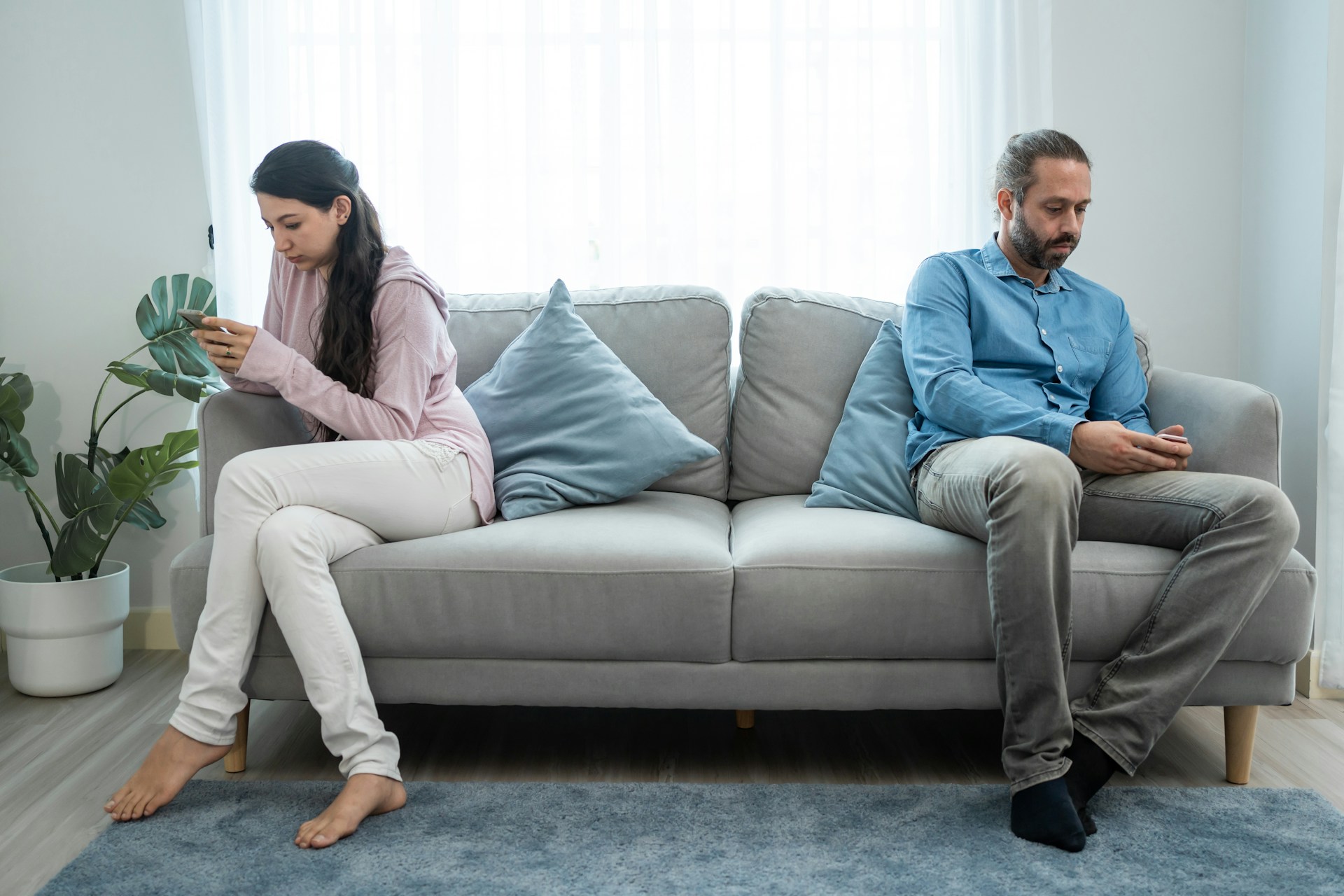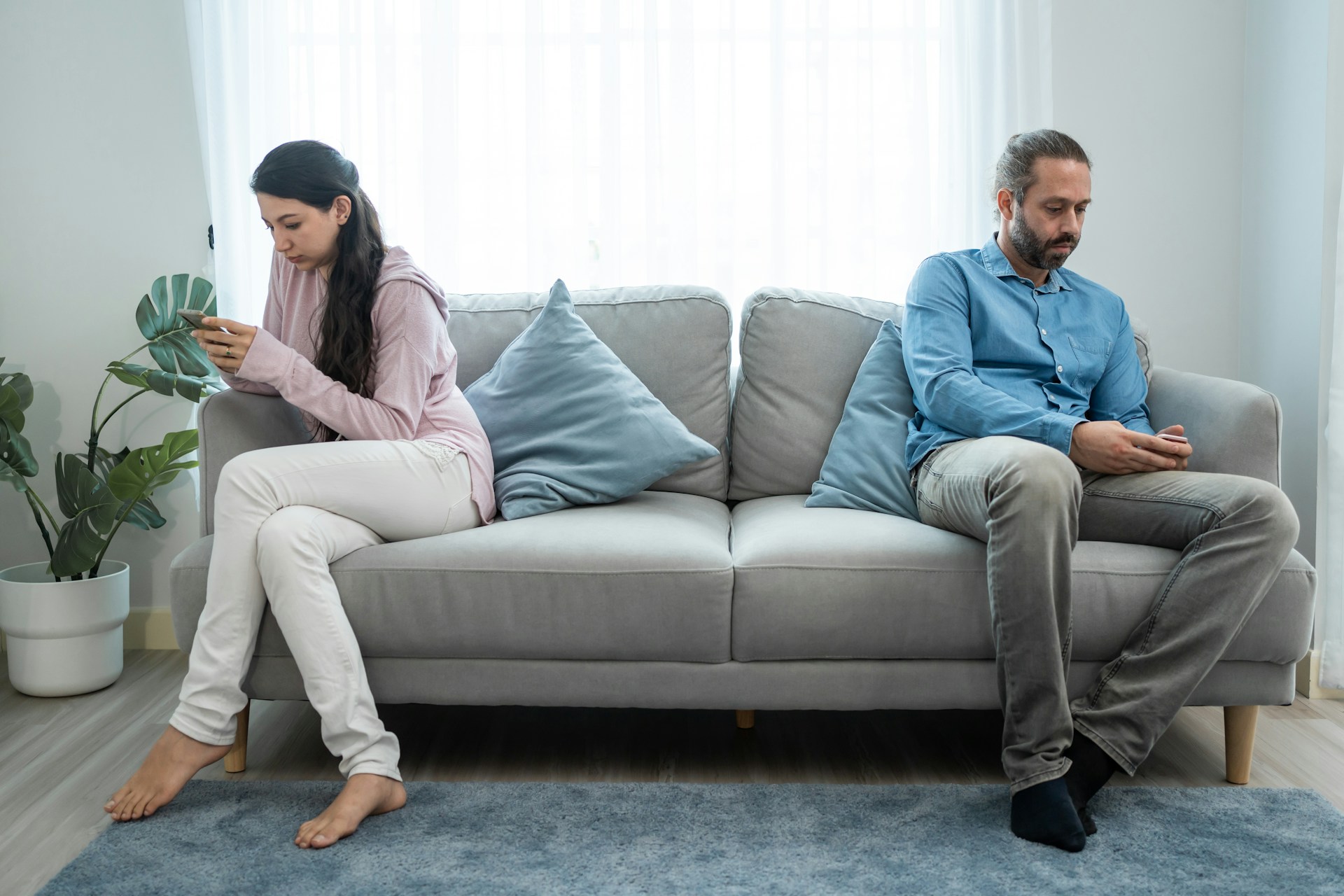How to Make Friends If You Have Social Anxiety
Most people crave friendships. Even the most introverted among us has a certain degree of God given desire for social connection. God made us social creatures for a reason. He created Eve when He recognized Adam’s social need. God brought us back into fellowship with Him when He saw the sin-induced divide. So, having people in your life is important and necessary for fellowship, mission work, and overall life satisfaction. If you’re craving relationships, there are a lot of ways to find those social connections, even if you’re socially awkward or suffer from social anxiety. Even if you have a shy personality or have been criticized publicly. Even if toxic friendships have made you afraid to trust others again. And even if you’re at a stage in your life where you are physically unable to socialize in the ways you always have. Tips for Overcoming Social Anxiety Whatever the reason for your isolation, it can be difficult to reach out to others when your insides are a jumbled-up mess of nerves, doubt, fear, hurt, and self-doubt. But there is hope. You can overcome those obstacles that prevent authentic connections and live a whole, fulfilling social life. You can be a part of a dynamic duo or be a main character in a friend group. You can find people who will support you in your endeavors and cry with you in your defeats. But first, you might have to put in a little work to overcome the obstacles that stand in the way of those authentic and meaningful connections. Get therapy Therapy can help you not only understand but also untangle the things that are standing in the way of quality relationships in your life. Sometimes what you need is someone trained to walk with you through the fear, trauma, and [...]











